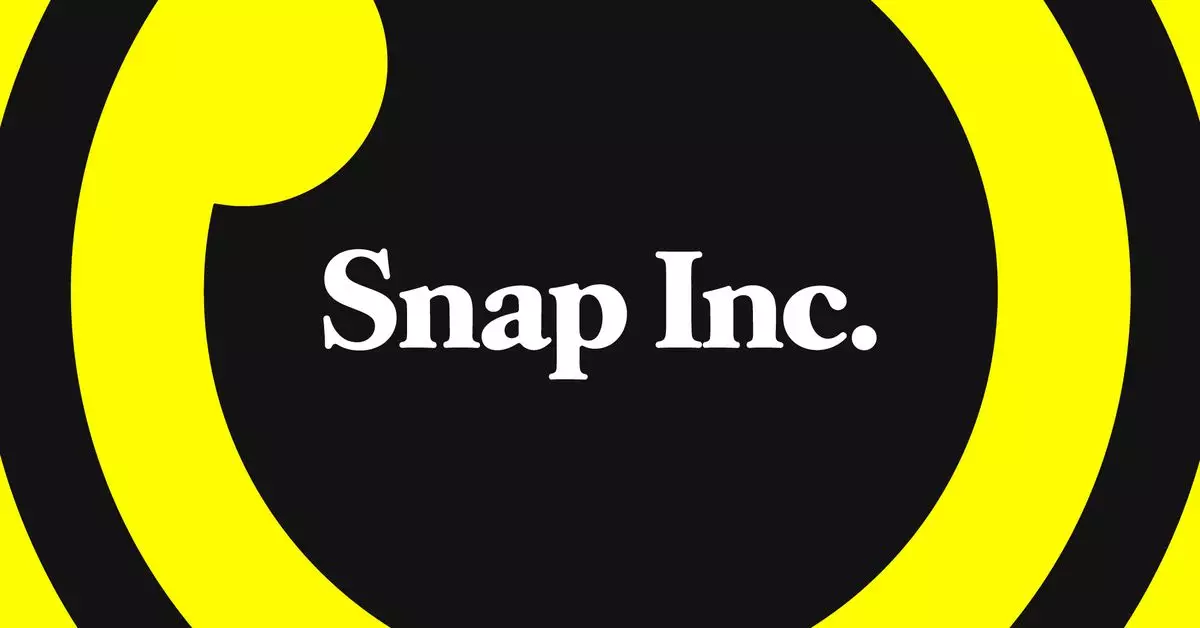The recent ruling by the Ninth Circuit Court of Appeals has resurrected a lawsuit against the anonymous messaging service Yolo, shedding light on the complexities of legal battles in the digital age. The case revolves around allegations that Yolo failed to unmask bullies on its platform, leading to serious consequences for its users. This ruling has significant implications for how tech companies are held accountable for their promises and the designs of their platforms.
The appeals court’s decision to allow a claim against Yolo for misrepresenting its terms of service is a notable departure from a lower court ruling that invoked Section 230 of the Communications Decency Act to shield the company from liability. While the court rejected claims related to design defects that enabled harassment, it acknowledged that Yolo may have misled users by promising to take action against bullies without following through on that promise.
The lawsuit against Yolo gained traction following the tragic death of a teenage user who received harassing and sexually explicit messages on the platform. The user, Carson Bride, believed that he was being targeted by individuals he knew, highlighting the dangers of anonymity in online spaces. Despite attempts by Bride and his family to seek help from Yolo, the company allegedly failed to respond effectively, raising questions about its commitment to user safety.
The Yolo case is part of a broader conversation around the liability of tech companies for the actions of their users. The Ninth Circuit’s decision to scrutinize Yolo’s promises to users, rather than focus solely on the content posted by individuals, signals a shift in how courts approach these issues. The ruling builds on previous cases that have challenged the immunity granted to platforms under Section 230, suggesting a growing recognition of companies’ responsibilities to their users.
The court’s decision in the Yolo case raises important questions about the obligations of tech companies to uphold their terms of service and protect users from harm. While the ruling does not set a precedent for holding all internet companies accountable for user behavior, it does suggest that companies cannot evade liability by simply invoking Section 230. This nuanced approach to legal challenges in the tech industry could have far-reaching consequences for platform governance and user safety.
As the legal battle against Yolo continues, the tech industry is likely to see increased scrutiny of platforms’ promises to users and their efforts to address abusive behavior. The outcome of this case will shape future debates around online safety, content moderation, and the responsibilities of companies that provide digital services. While the Ninth Circuit’s ruling does not provide a definitive answer to these complex issues, it underscores the need for a more nuanced and thoughtful approach to regulating the digital landscape.
The recent court ruling in the case against Yolo highlights the evolving nature of legal challenges in the tech industry. By interrogating the promises made by platforms to users and the design choices that shape user experiences, courts are setting new precedents for how companies are held accountable for their actions. As the legal landscape continues to shift, tech companies will need to adapt to changing expectations around user safety and platform governance.

